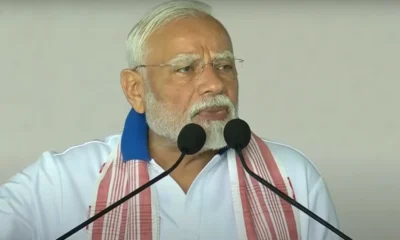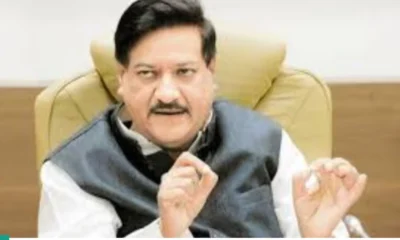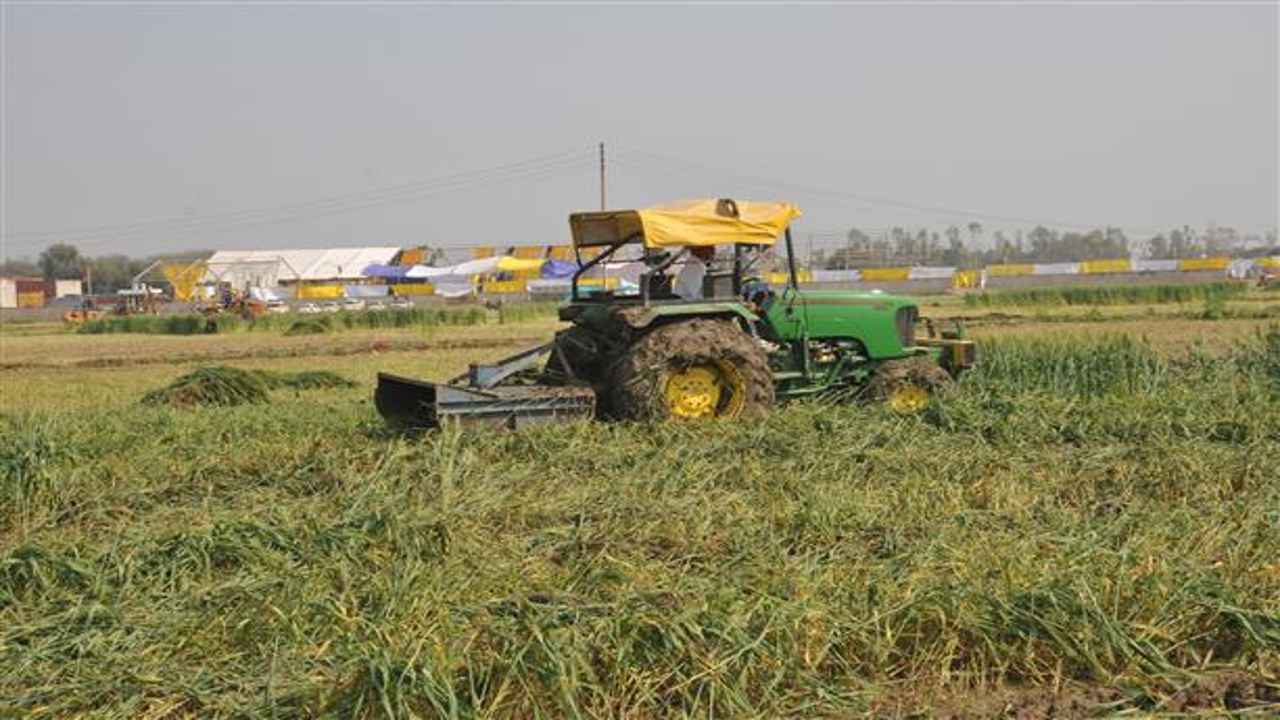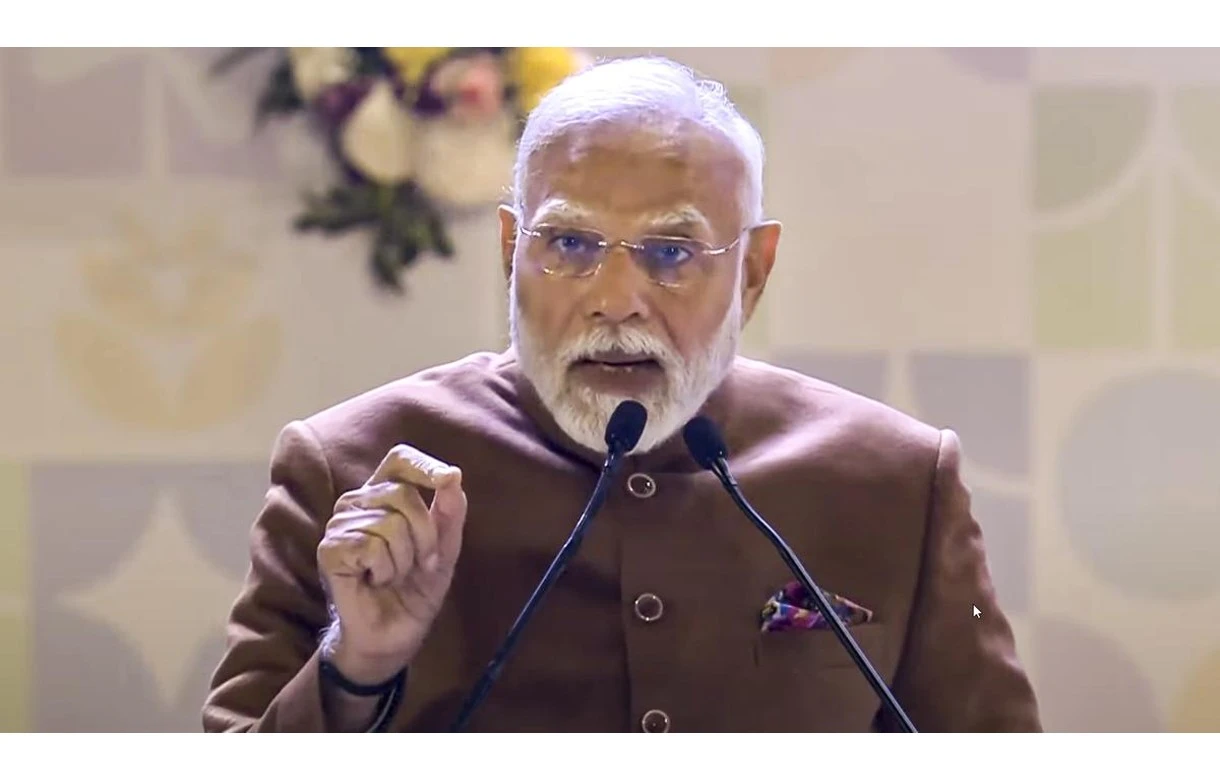[vc_row][vc_column][vc_column_text]China calls Danglong part of its “territory”
Bhutan has joined India in objecting to the construction of a road in what they called a “disputed territory” by China. Bhutan refuted China’s claim that the road construction in Sikkim sector’s Donglang was “legitimate” and lodged formal protest and asked China to “stop the work immediately” near Bhutan’s army camp.
On Wednesday, Vetsop Namgyal, Bhutan’s Ambassador to India called construction of the road by China as “violation of an agreement” between the two countries. He said that “Doklam (which is also known as Donglang) is disputed territory and Bhutan has written agreement with China that pending the final resolution of the boundary issue, peace and tranquility should be maintained in the area”.
Indian and Chinese troops were already in the face-off in the Donglang area of the Sikkim sector.
Earlier, Chinese foreign Ministry spokesman Lu Kang said “Donglang is part of China’s territory and it is indisputable”. He accused India of “raising the issue” on part of Bhutan saying “The Donglang area belonged to China since ancient times and it doesn’t belong to Bhutan nor it belongs to India”.
Without naming India, the Chinese spokesman said, “If any third party, out of hidden agenda, interfered, it is disrespect of the sovereignty of Bhutan, We don’t want to see this as Bhutan is a country entitled to sovereignty by the international community.” There are no diplomatic relations between China and Bhutan.
Donglang is located in a tri-junction close to the strategic area called Chicken Neck. China says that the Sikkim part of India-China boundary is settled and therefore India has no right to object over the road construction.
Beijing believes that the area is “undoubtedly” located on its side of the border as per the 1890 Sino-British Treaty on Sikkim. China says that according the treaty “Zhe” is the ancient name of Sikkim and the area, on which the Indian army has raised objection, is undoubtedly located on the Chinese side of the border.
Amidst ongoing stand-off, China stopped first batch of 50 Indian pilgrims for Kailash Mansarovar Yatra earlier this month. Six other batches were scheduled to make the trip. Out of 1,430 pilgrims, 350 were supposed to travel through Nathu La, while remaining pilgrims were set to go through Lipulekh, Uttarakhand, which is much longer.
Last week, Gopal Baglay, spokesman for Ministry of External Affairs, said there were “some difficulties” in the movement of Indian pilgrims to Kailash Mansarovar via Nathu La pass and New Delhi was holding discussions with Beijing. Earlier it was reported that China took the decision due to landslides in Tibet.
On Wednesday, China said that India was to bear the responsibility for the ongoing stand-off in the Sikkim sector as well as the closure of Nathu La pass. Beijing defended its decision saying China had agreed to open the route as the boundary there has been delineated with the consent of both countries.
Chinese side opened Nathu La pass for Indian pilgrims in 2015. According to Chinese authorities, it worked well for two years and Chinese authorities had prepared for the reception of Indian pilgrims and informed Indian side about it. The reopening of the pass will depend on when or whether the Indian side will “correct its errors”, Lu said.
Chinese foreign Ministry spokesman Lu Kang had earlier said, “The Indian troops crossed the boundary at the Sikkim side to the Chinese territory. This is different to what was before in India-China boundary. China has made solemn representations against the same. India should respect the sovereignty and territorial integrity of China.”
On Wednesday, China had lodged protest with India over the alleged “crossing of boundary” by its troops in the Sikkim section and demanded immediate “correction of the error”. The resumption of future visits of the pilgrims to Kailash Mansarovar yatra will be linked to India withdrawing the troops from the area, China said.
The India-China stand-off comes even as bilateral ties nose-dived after India’s boycott of One Belt One Road summit in Beijing and China scuttling India’s bid to get membership of Nuclear Suppliers Group of countries.
Prime Minister Narendra Modi, while speaking in a panel discussion at International Economic Forum Summit in St Petersburg (Russia) on June 2, said, “It is true that we have a border dispute with China. But in the last 40 years, not a single bullet has been fired because of the ongoing cooperation in trade and investments between the two countries.” He described how the world has increasingly become inter connected and inter-dependent in the present scenario.[/vc_column_text][/vc_column][/vc_row]
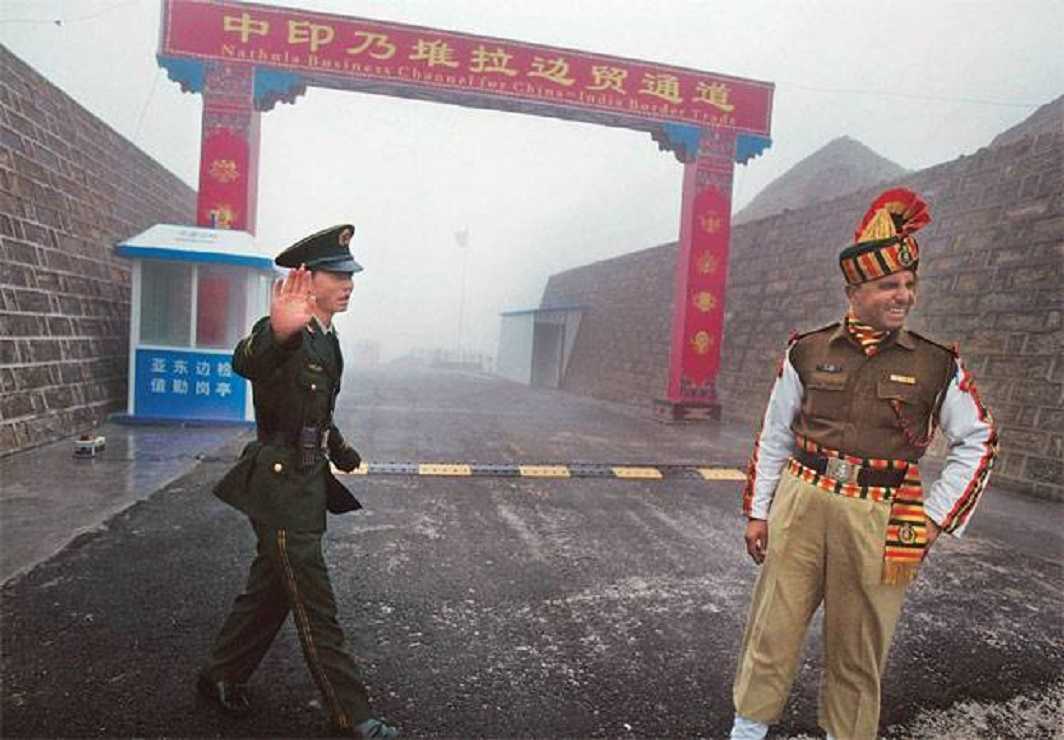

 Latest world news18 hours ago
Latest world news18 hours ago
 India News19 hours ago
India News19 hours ago
 India News19 hours ago
India News19 hours ago
 Latest world news13 hours ago
Latest world news13 hours ago
 Cricket news13 hours ago
Cricket news13 hours ago
 India News13 hours ago
India News13 hours ago
 Latest world news8 hours ago
Latest world news8 hours ago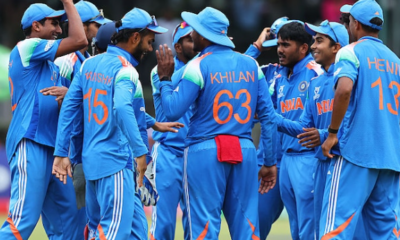
 Cricket news8 hours ago
Cricket news8 hours ago








